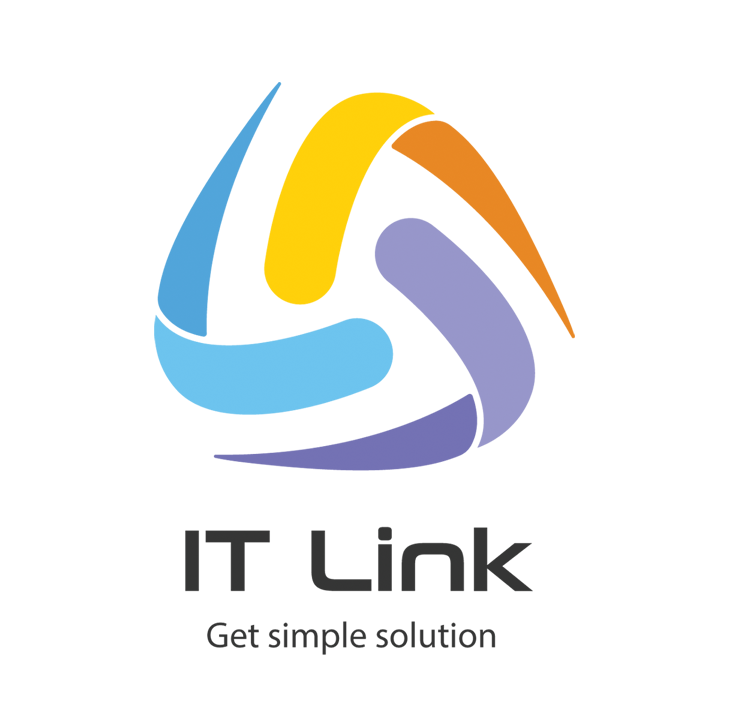Seamless IT Solutions for Your Business Needs

Meta Description
Software Engineering is evolving rapidly. Learn key trends, strategies, and best practices to excel in this field in 2025.
Table of Contents
| Heading | Subtopics |
|---|---|
| Introduction | What is Software Engineering? Importance in Modern Tech |
| History of Software Engineering | Evolution, Major Milestones, Future Trends |
| Key Principles of Software Engineering | Modularity, Scalability, Maintainability, Security |
| Software Development Life Cycle (SDLC) | Waterfall, Agile, DevOps, Kanban |
| Programming Languages and Tools | Python, Java, JavaScript, IDEs, Debugging Tools |
| Software Engineering Methodologies | Agile, Scrum, Lean, Extreme Programming (XP) |
| Role of AI in Software Engineering | Automation, AI-powered Testing, Machine Learning Integration |
| Best Practices in Software Development | Code Reviews, Version Control, Unit Testing |
| Software Security & Ethical Hacking | Cybersecurity, Ethical Hacking Techniques, Secure Coding |
| Cloud Computing in Software Engineering | Cloud Platforms, Benefits, Deployment Strategies |
| Future of Software Engineering | Trends, Predictions, Industry Insights |
| Common Challenges in Software Engineering | Debugging, Scalability Issues, Team Collaboration |
| Careers in Software Engineering | Job Roles, Salaries, Skills Required |
| FAQs | Answering common software engineering questions |
| Conclusion | Summary, Key Takeaways |
Introduction
Software Engineering is the foundation of modern technology. It involves designing, developing, testing, and maintaining software applications to meet specific user needs. As technology advances, software engineers play a crucial role in shaping the digital world.
History of Software Engineering
The field of Software Engineering has evolved significantly since its inception. In the 1960s, it emerged as a response to the software crisis. Key milestones include the introduction of structured programming, object-oriented programming, and the rise of Agile methodologies. Future trends indicate increased AI and automation integration.
Key Principles of Software Engineering
Software Engineering follows essential principles to ensure efficient and reliable software development:
- Modularity: Breaking software into smaller, manageable components.
- Scalability: Designing software to handle increased loads.
- Maintainability: Ensuring code is easy to update.
- Security: Implementing robust security measures.
Software Development Life Cycle (SDLC)
The SDLC outlines the process of software development. The most common models include:
- Waterfall – A linear, sequential approach.
- Agile – Iterative development with continuous feedback.
- DevOps – Integrates development and operations for faster delivery.
- Kanban – Focuses on workflow visualization.

Programming Languages and Tools
Popular programming languages include Python, Java, and JavaScript. Essential tools include:
- IDEs: VS Code, IntelliJ IDEA
- Debugging Tools: GDB, Chrome DevTools
- Version Control: Git, GitHub
Software Engineering Methodologies
Different methodologies cater to varying project needs:
- Agile: Promotes flexibility and collaboration.
- Scrum: Uses sprints for iterative development.
- Lean: Focuses on efficiency.
- Extreme Programming (XP): Emphasizes high-quality coding practices.
Role of AI in Software Engineering
AI is revolutionizing software engineering with:
- Automated Code Generation
- AI-powered Testing
- Machine Learning Integration
Best Practices in Software Development
To ensure high-quality software, follow these best practices:
- Code Reviews: Improve code quality.
- Version Control: Use Git for tracking changes.
- Unit Testing: Detect and fix bugs early.

Software Security & Ethical Hacking
Cybersecurity is crucial in software development. Ethical hacking techniques such as penetration testing help identify vulnerabilities and strengthen security.
Cloud Computing in Software Engineering
Cloud platforms like AWS, Azure, and Google Cloud enhance scalability and deployment efficiency.
Future of Software Engineering
The industry is shifting towards AI, blockchain, and quantum computing. Engineers must stay updated with these trends to remain competitive.
Common Challenges in Software Engineering
Challenges include:
- Debugging complex systems
- Ensuring software scalability
- Managing remote teams
Careers in Software Engineering
Job roles include:
- Software Developer
- DevOps Engineer
- AI Engineer
- Cybersecurity Specialist

FAQs
1. Which programming language is most suitable for software engineering??
It depends on the project. Python is great for AI, Java for enterprise applications, and JavaScript for web development.
2. What are the first steps to building a career in software engineering??
Learn programming languages, practice coding, build projects, and get certifications.
3. Which technical skills are currently in high demand for software engineers?
Cloud computing, AI, cybersecurity, and DevOps are highly sought after.
4. Is software engineering a good career?
Yes! High demand, lucrative salaries, and job flexibility make it an excellent choice.
5. What tools do software engineers use?
Popular tools include Git, VS Code, Docker, and Jenkins.
6. How does AI impact software engineering?
AI automates coding tasks, enhances debugging, and improves software testing.
Conclusion
Software Engineering continues to evolve, offering vast opportunities. By mastering the latest technologies and best practices, engineers can build innovative and secure software solutions.
For more info Visit https://en.wikipedia.org/wiki/Software_engineering
also Visit Of website https://itlink.pk/
Stay ahead in a rapidly world. Subscribe to Prysm Insights,our monthly look at the critical issues facing global business.












